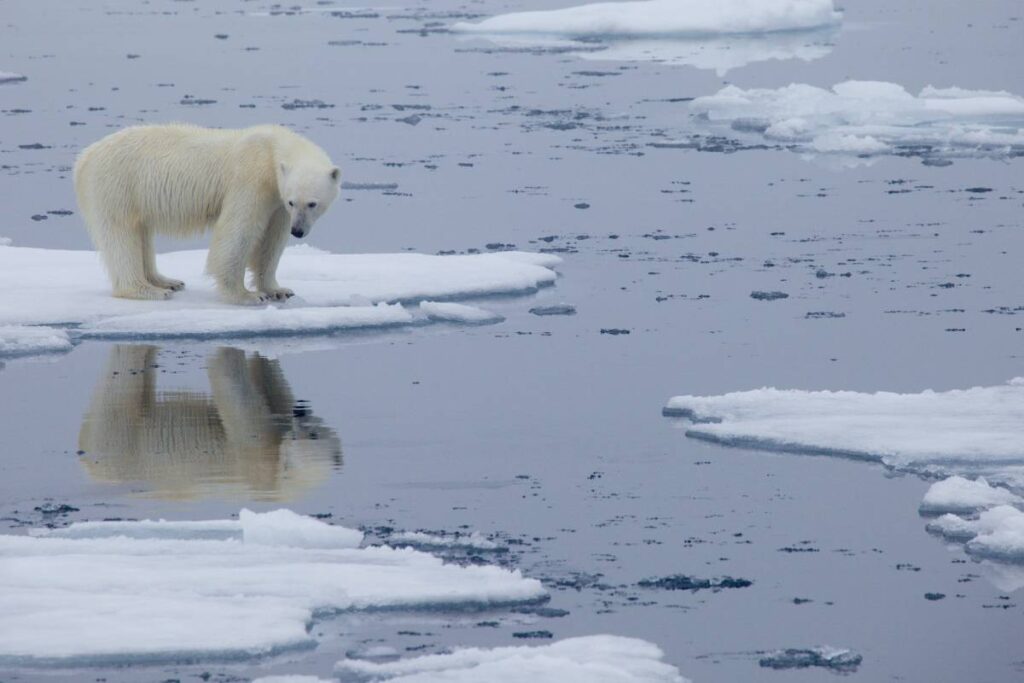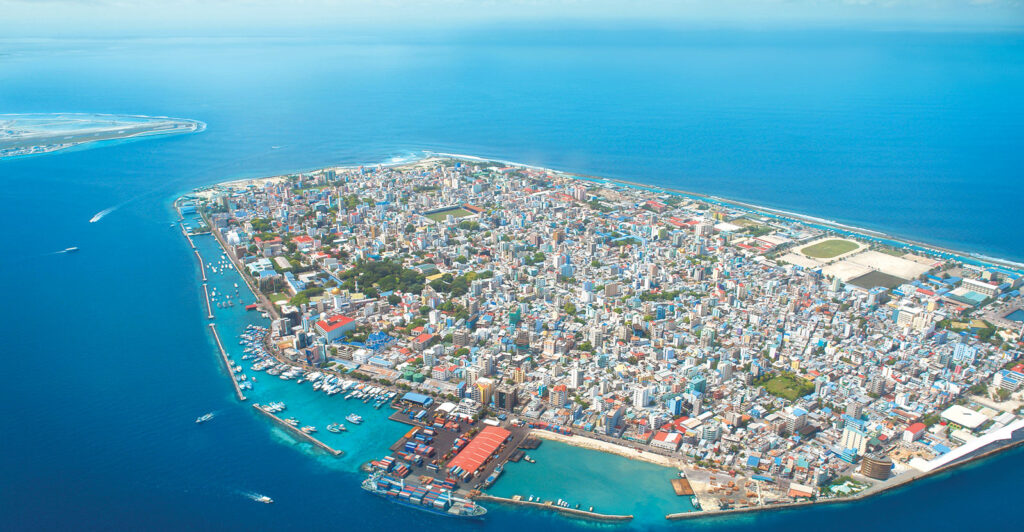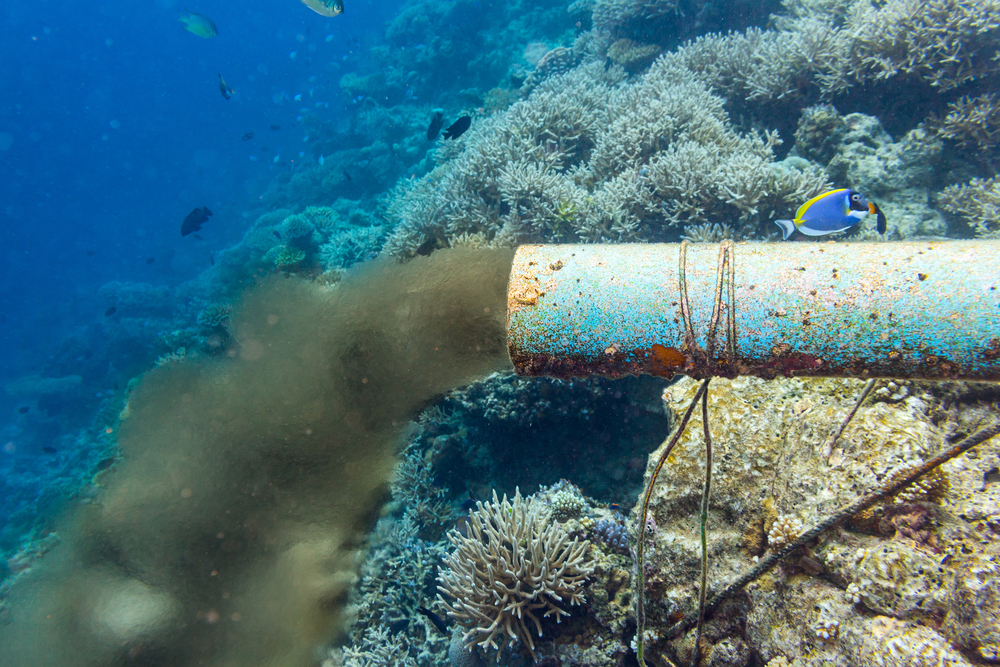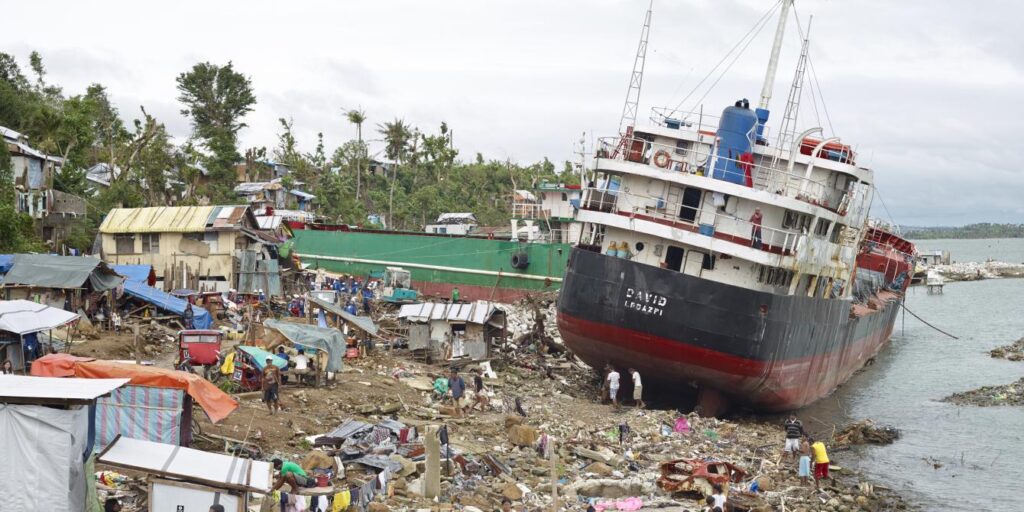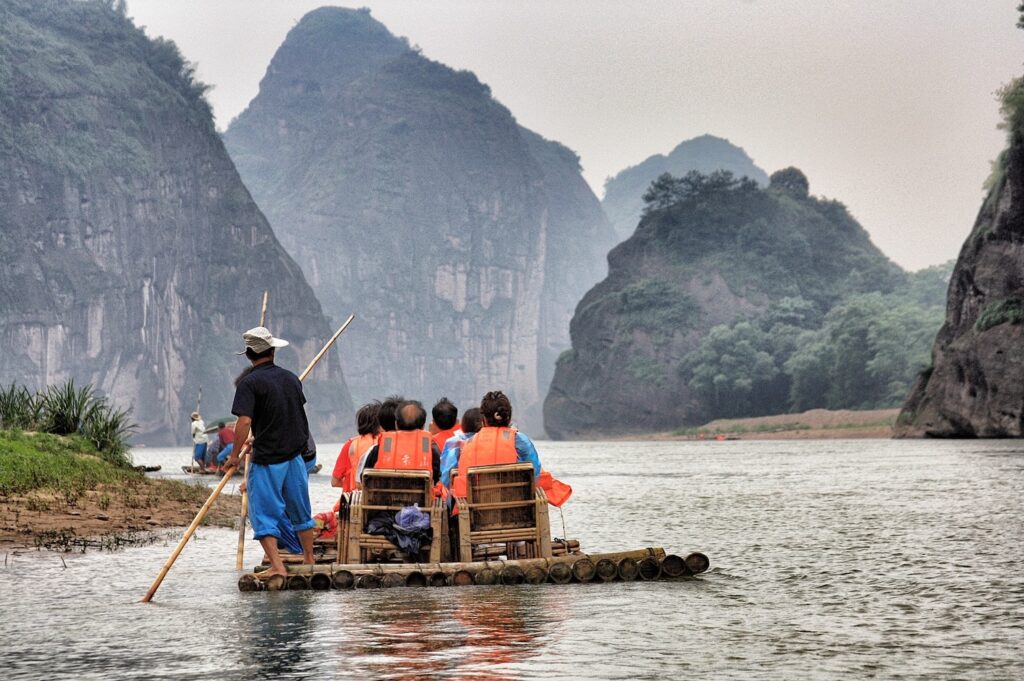Ecotourism examples provide compelling evidence that responsible tourism can deliver both economic growth and environmental preservation. Ecotourism, by definition, prioritises conservation, supports local communities and educates travellers. This stands in stark contrast to traditional tourism, which frequently overlooks ecological and cultural impacts.
As the impacts of climate change become increasingly evident, interest in ecotourism has surged. The industry has grown at a rate of 20-34% per year since 1990 and is projected to continue growing at 13.5% per year until 2033. It provides a sustainable business solution to protect fragile ecosystems and local communities.

Countries With the Best Ecotourism Economies
Costa Rica and Australia
Several nations are leading the ecotourism push. Costa Rica consistently ranks highly due to its large protected areas, robust biodiversity protection measures and comprehensive infrastructure supporting sustainable travel. Similarly, Australia stands out for its strong conservation initiatives and extensive protected areas, which attract environmentally conscious tourists from around the world.
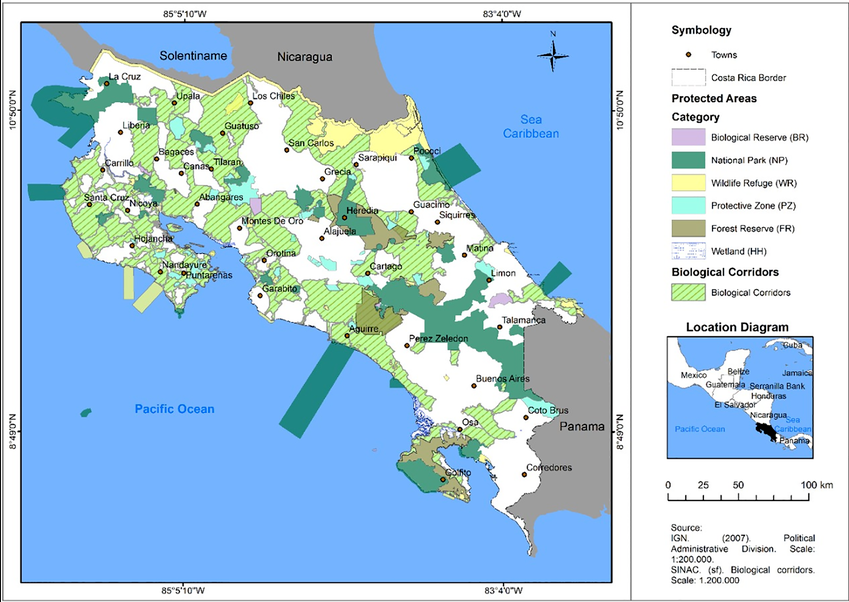
Indonesia and India
In Asia, Indonesia and India have emerged as leaders. Indonesia benefits from its rich biodiversity and committed ecotourism policies, while India capitalises on its numerous protected wildlife reserves and national parks. These countries successfully integrate strict regulations with community involvement, creating powerful economic incentives for conservation efforts and sustainable development.
Best Ecotourism Destinations Around the World
Looking at specific examples of ecotourism projects showcases how well tourism, the environment and social equity can be intertwined. A few examples of best ecotourism destinations include the following.
Inkaterra Hotels, Peru
Inkaterra is a hotel brand with seven locations across Peru. The hotels focus on nature-based ecotourism with activities led by local guides. The brand directly employs people from local communities, contributing to the local economy and fostering community development. Furthermore, Inkaterra actively connects its success with environmental conservation by protecting around 30,000 acres (121 square km) of rainforest, supporting biodiversity research initiatives and maintaining all of its properties as carbon neutral.
Grootbos Private Nature Reserve, South Africa
Grootbos Private Nature Reserve is situated in South Africa’s Western Cape. The reserve combines conservation with community engagement through activities such as guided botanical tours, whale watching and sustainable agriculture programs. Grootbos supports local employment and runs the Green Futures Indigenous Horticulture and Life Skills College, which trains unemployed youths. Environmentally, it protects the unique fynbos vegetation through extensive conservation and reforestation initiatives.
Misool Eco Resort, Indonesia
Misool Eco Resort is located in Raja Ampat, Indonesia, and is a prime example of successful ecotourism. It is widely recognised as one of the premier eco-resorts for marine biodiversity and is a hot spot for scuba diving and snorkelling. The resort is located within a 1,220 square km marine protected area that it helped establish and continues to maintain. Economically, the resort employs local community members and reinvests profits into local education and environmental protection. The resort’s charity arm leads ongoing conservation programs that significantly boost coral reef health and marine biodiversity in the area.
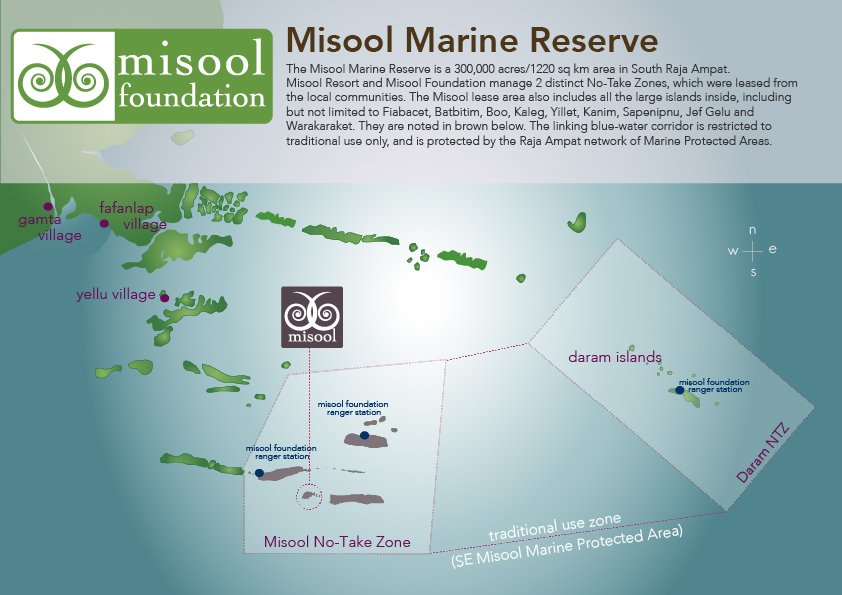
Chumbe Island Coral Park, Tanzania
Chumbe Island Coral Park in Zanzibar, Tanzania, operates as an award-winning marine protected area and ecotourism destination. The park and resort are both managed by the same nonprofit organisation, which provides employment opportunities for 45 local staff and supports local educational programs for schoolchildren. The park actively protects the marine protected area and forest reserve.
Challenges and Solutions for Ecotourism Development
Despite its benefits, ecotourism faces numerous challenges, including managing tourist impacts on sensitive ecosystems, ensuring local community benefits and overcoming insufficient funding and infrastructure. Uncontrolled tourism growth, even if it is ecotourism, can lead to habitat degradation, pollution and social disruption if not appropriately managed.
Successful ecotourism requires careful planning, robust regulations and meaningful community involvement. Solutions include setting strict visitor limits, establishing clear conservation guidelines and promoting community-led tourism initiatives. For instance, Bhutan’s “high-value, low-volume” tourism policy has effectively preserved natural and cultural heritage by limiting tourism numbers and charging sustainable development fees.
The Growing Future of Ecotourism
The ecotourism and nature-based tourism sectors are among the fastest-growing tourism segments worldwide and are entering global climate discussions. As this sector expands, it has the potential to become a critical tool in global sustainability efforts. For example, Costa Rica has successfully utilised ecotourism to not only conserve its biodiversity but also to strengthen its national economy, contributing nearly USD 1.4 billion annually, or 3% of its GDP. Furthermore, ecotourism projects often serve as educational platforms, raising awareness among tourists and local communities about conservation challenges and solutions.
The continued integration of ecotourism into national development plans and corporate sustainability strategies will be crucial for future resilience. Policymakers and business leaders should prioritise investing in sustainable infrastructure, comprehensive regulatory frameworks and community engagement to amplify the positive impacts of ecotourism. Ultimately, these steps can drive meaningful climate action, foster ecological resilience and support socioeconomic growth that aligns with environmental conservation.
Eric Koons
Writer, United States
Eric is a passionate environmental advocate that believes renewable energy is a key piece in meeting the world’s growing energy demands. He received an environmental science degree from the University of California and has worked to promote environmentally and socially sustainable practices since. Eric has worked with leading environmental organisations, such as World Resources Institute and Hitachi ABB Power Grids.
Eric is a passionate environmental advocate that believes renewable energy is a key piece in meeting the world’s growing energy demands. He received an environmental science degree from the University of California and has worked to promote environmentally and socially sustainable practices since. Eric has worked with leading environmental organisations, such as World Resources Institute and Hitachi ABB Power Grids.

